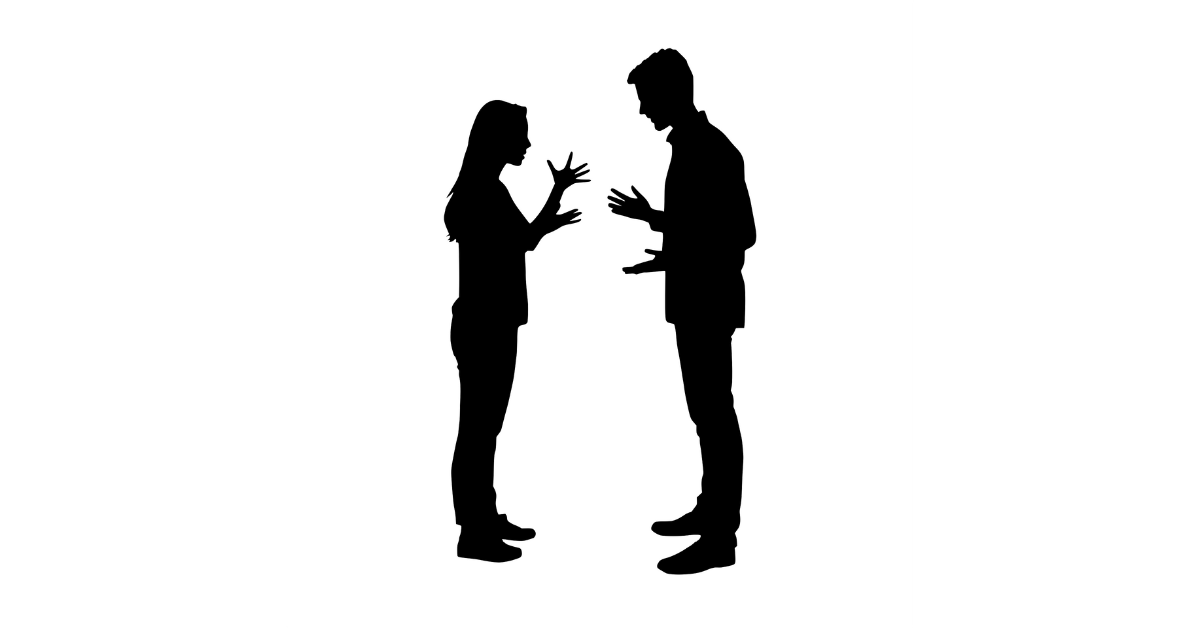Relationships are supposed to make you feel loved, supported, and valued. But sometimes, they do the opposite, leaving you drained, anxious, and questioning your worth. Toxic relationships are more common than you think, and escaping them can feel like an uphill battle.
In this post, we’ll explore why people stay in toxic relationships, the toll they take on your mental and physical health, how to recognize the signs, and—most importantly—how to break free. Plus, we’ll dive into what a healthy relationship looks and feels like, so you can create the love you truly deserve.
Why Do People Stay in Toxic Relationships?
Leaving a toxic relationship isn’t as easy as it might seem. Emotional, financial, and psychological factors often create invisible chains that hold people back. Here are some of the most common reasons:
- Fear of Being Alone
Many people stay because the thought of being single or starting over feels overwhelming. After investing time and energy into a relationship, it can be hard to imagine a life without your partner—even if they’re causing harm. - Hope They’ll Change
It’s normal to hold onto the good moments from the early days of a relationship and hope that things will go back to how they were. But waiting for someone to change often keeps you stuck in a cycle of hurt and disappointment. - Emotional or Financial Dependence
Toxic partners can create a dynamic where you feel like you need them. Whether it’s financial control or emotional manipulation, these tactics can make leaving seem impossible. - Low Self-Worth
Toxic relationships often chip away at your confidence, leaving you feeling like you don’t deserve better or that this is as good as it gets.
How Do You Know If You’re in a Toxic Relationship?
Sometimes, toxic relationships don’t start that way—they evolve over time. So, how do you know if your relationship is crossing the line? Watch out for these signs:
- Constant Criticism or Put-Downs: Your partner regularly belittles you or makes you feel small.
- Control and Manipulation: They try to dictate your actions, isolate you from loved ones, or guilt you into doing things their way.
- Gaslighting: They make you question your reality, often dismissing your feelings or telling you you’re “too sensitive.”
- Lack of Support: They don’t cheer you on or celebrate your successes—instead, they downplay your achievements or make it about themselves.
- Emotional or Physical Abuse: Any kind of abuse—emotional, verbal, or physical—is a clear indicator that the relationship is toxic.
If these red flags sound familiar, it’s time to take a closer look at the relationship and its impact on your well-being.
The Effects of Staying in a Toxic Relationship
Remaining in a toxic relationship can have long-term consequences for your mental, emotional, and physical health. Here’s what can happen when you stay:
- Mental Health Decline
Constant criticism, manipulation, and emotional abuse can lead to anxiety, depression, and a deep sense of loneliness. Over time, you might lose your sense of self and struggle with low self-esteem. - Physical Health Problems
Chronic stress from toxic relationships can take a toll on your body. Headaches, sleep disturbances, and even weakened immunity can result from the constant tension. - Damaged Relationships with Others
Toxic partners often isolate you from friends and family, leaving you without a support system. This can lead to feelings of loneliness and make it even harder to leave. - Stagnation
Toxic relationships can prevent you from reaching your full potential, whether it’s pursuing a career goal, a hobby, or personal growth.
How to Break Free from a Toxic Relationship
Leaving a toxic relationship is hard, but staying in one is even harder. Here are steps to help you break free:
- Reach Out for Support
Talk to someone you trust—whether it’s a friend, family member, or therapist. Having a support system can make all the difference. - Create an Exit Plan
If you share finances or live together, plan your exit carefully. This might involve saving money, securing a new place to stay, or lining up support from loved ones. - Set Boundaries
Toxic partners often try to guilt or manipulate you into staying. Stand firm in your decision to leave, and don’t let their tactics pull you back. - Trust Yourself
Listen to your gut. If something feels wrong, it probably is. You deserve a relationship where you feel safe, loved, and respected—don’t settle for less.
What Does a Healthy Relationship Look Like?
After a toxic relationship, it’s natural to question what a healthy relationship even looks like. Here are some key markers:
- Safety and Trust: You feel safe to express your feelings and trust your partner fully. There’s no fear of judgment or betrayal.
- Mutual Respect: Both partners honor each other’s boundaries, individuality, and opinions. You encourage each other to grow and thrive.
- Open Communication: Disagreements happen, but they’re handled with kindness and a genuine desire to resolve the issue.
- Support: Your partner is your cheerleader, celebrating your successes and lifting you up when times are tough.
- Growth: Healthy relationships inspire both partners to be the best versions of themselves while growing together.
Final Thoughts
Toxic relationships can be incredibly difficult to leave, but the decision to walk away is the first step toward reclaiming your peace and happiness. Remember: you deserve love that builds you up, not love that tears you down.
If you’ve found yourself in a toxic relationship, take small, intentional steps to free yourself. Lean on your support system, trust your intuition, and know that better days are ahead. If you would like to talk through this in therapy, visit us at www.novatherapypllc.com to get started.
Healthy, fulfilling relationships exist—and you’re worthy of experiencing one.













